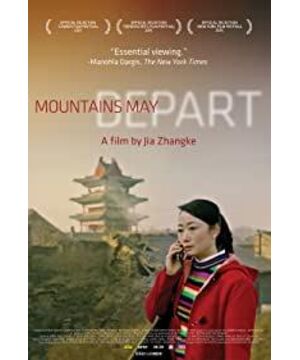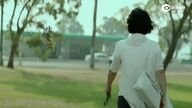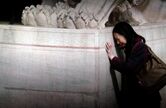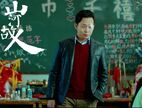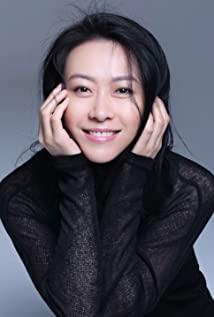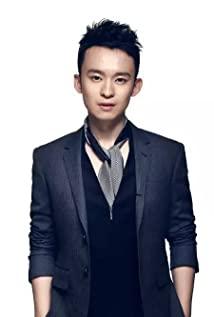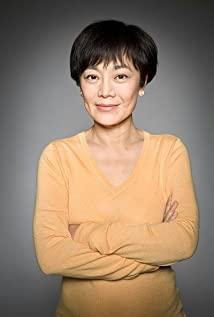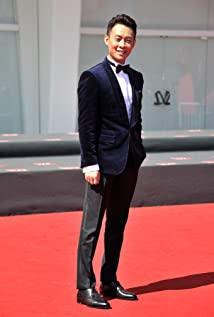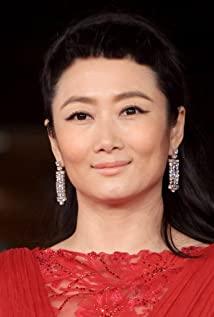The solo dance at the end is unlike any classic movie solo dance we can think of. It's not the occasional break between chapters and chapters of life, the rustling of water filling the void on a blank tape. She locked the door, led the dog, and climbed up the river bank, against the Wenfeng Pagoda, smiling. This is not optional, it is a pill to prolong life, and it is a sore medicine to stop bleeding. The breaking of mountains and rivers is a metaphor. It is a stranger who once did not hesitate to win love at the opposite end of the brothers. It is a bloodline scattered without a trace.
Shen Tao, Liang Zi and Zhang Jinsheng witnessed the collapse of the main body in the capital age in three ways. In the blank space in the film, we have never been able to learn the specific reasons why Liang Zi insisted on the coal mining industry. A reasonable guess is that he was trying to use "coal" as an intermediary to achieve revenge, and he punched back at the place where he paid the miner's lamp. But unfortunately, the body is the most vulnerable in this sequence, and his fall is also the most prosaic event in the "time" dimension. In contrast, Zhang Jinsheng, the boss, was finally exiled to the end of the mountains and seas by history after the power and money transaction flourished, and he lived a life of "fuck no enemies" after buying a gun. This new rich paradoxically hangs Chen Yifei's "Ode to the Yellow River" on the wall in the sea-view mansion, and his daily reading is "The Legend of the Condor Heroes". Google Translate teases his life falling apart after aphasia. The total disintegration of a patriarchal authority is a virtual judgment on the founders of contemporary history composed of money, power, and morality.
During these three crises, Shen Tao's trauma has always been due to the deprivation of many identities as "daughter/mother/wife/lover". She is the truth of the separation of mountains and rivers: emotion as a bond has been completely devalued, except for dogs who are old but not dead or reborn with fake money purchasing power after death, the truth of life is the empty river bank at the end. Long before fathers and sons on the other side of the ocean couldn't communicate with each other in their native language, she had admitted that "I can't write such good words anymore". This reflects the almost insulting treatment of her son during her father's funeral in the previous article. In fact, it was not only the death of her close relative, but the accumulation of injuries in her life that finally exceeded the limit of language.
Intentionally or not, Jia Zhangke endowed this character with the power of the old grandmother in "One Hundred Years of Solitude". She has always been insightful, and crystallized into an ore-like existence after losing her life. That dance of hers is a conjuration of the split rivers and mountains, 1999 and 2025 are physically connected. Zhao Tao contributed a hall-level performance to this role. Her purity, repression, and detachment controlled the tone of the camera language. Only she (only she, not including Zhang Aijia) maintained a little restraint in every frame of video, the half body of the suffering of separation had already protruded out of the cliff but did not fall into the stereotype of absolute suffering. She has tenaciously enjoyed the glory of the word "mountain and river".
Before entering the theater, I had almost no hope for Jia Zhangke. I even dreamed that he would wither in the same way as the natural law of "Jiang Lang's talents are exhausted", instead of starting with "Twenty-Four Cities" and ending with "Tian Destined". Stick to tricks. An artist who once dissected society with realism and glamour is prone to pick up the coat of post-structuralism out of anger. On this point, Yu Hua and "The Seventh Day" can make footnotes. Fragmentation, either following the trend or inciting populism. The difficulty is how to build a Subject Two on the wasteland like Derrida Nianzi did in his later years. "Mountains and Rivers" is powerful for its completeness, reviving the energy of a linear narrative, without enemies, but with direction.
The good thing about "Old Man of Mountains and Rivers" is that it doesn't need to be placed in a certain sequence of works, and it's good that it doesn't need to be guaranteed by the creator's name.
In English, there is "Diaspora" (dispersion), and "Departed from Mountains and Rivers" can be seen as a writing about this special state of Chinese history dedicated to the common people in the past 20 years. From the English teacher leaving Hong Kong on the eve of reunification, to the son who lost his native language flinching in the face of the long economy class journey. The blood vessels cut open by micro-history are in full bloom, absurd and decadent, but still vaguely hopeful. At the moment of the conflict between the father and the son, I suddenly remembered the controversial part of the father-daughter fight in "The Homecoming Train". Dispersion is an irreversible state. It is the dialectics of scars: the desire to heal, but the confirmation of existence that must be confirmed by numerous displays and imperfections.
The train is coming, buy a ticket.
View more about Mountains May Depart reviews


